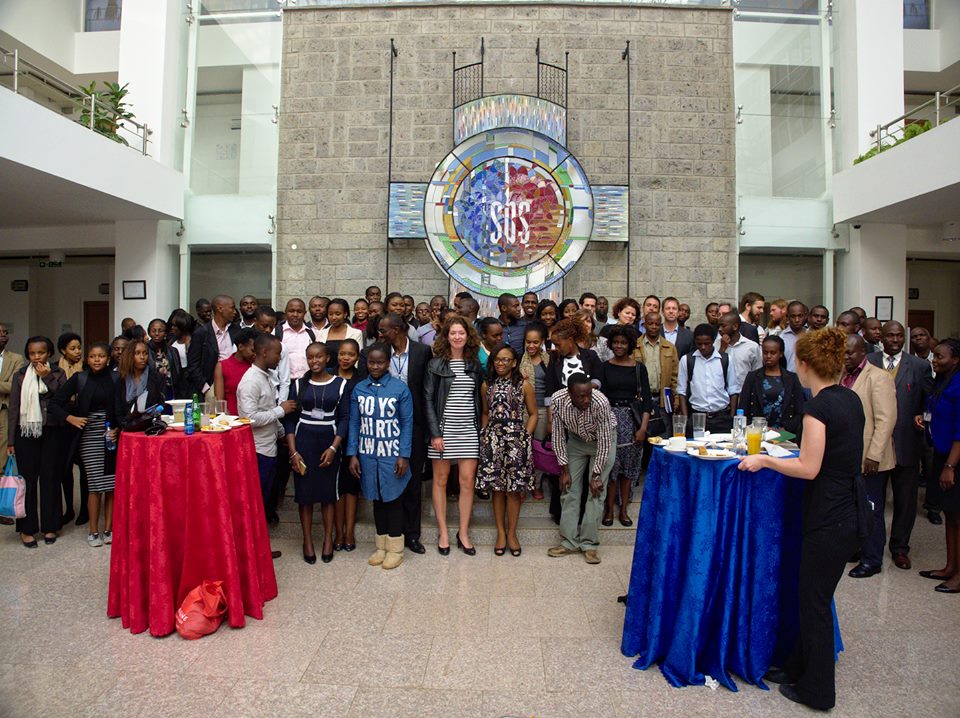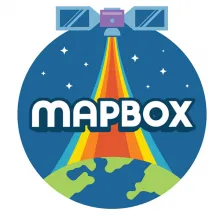A stronger open data ecosystem is greatly needed. Unfortunately, many governments across Africa and beyond have long considered open data initiatives as little more than a tech eccentricity, some kind of novelty intended — for the time being — to be relegated to specialized practitioners and champions.
On the brink of the 4th industrial revolution, we should not neglect the value of the battle that some government and civic tech organizations are waging to overcome this perception. Many countries are just getting started, giving birth to the first wave of open-data civic tech startups and training the next open government champions. But what, how, who and where is the open data ecosystem incubating?
Multilateral institutions have been urging governments to learn from civil society — and business —how to engage the public through collaborative data-focused projects. Last year, UN advisors recognized that the international community would do well to harness the data revolution for sustainable development.
Many data advocates around the world have such faith in the data revolution that they have taken the open data endeavor beyond removing legal or technical barriers for the good of society. They have indeed committed to a radical advocacy for the attainment of transparency enabling the harvesting, use and reuse of data for the welfare of their people — families, wards, local communities, boroughs and society as a whole.
Sharing one’s faith with open data nonbelievers can be intimidating and difficult, but also incredibly rewarding. Initiatives to open up data may seem arduous given the many social, economic, environmental and humanitarian needs that citizens and their representatives claim everywhere; at the same time, most developing countries governments recognize that they still can’t provide enough answers to address or prevent day-to-day challenges and extraordinary disasters.

Impressions from the East Africa Open Data Fest
Last month’s East Africa Open Data Conference and Fest provided a glimpse of how much civil society across Africa is committed to the data revolution. The event gathered around 180 attendants at Strathmore University in Nairobi, Kenya, including government, business and civil society representatives from at least 20 countries as well as enthusiastic university-level students from all around the Kenyan capital. Resourcefully curated by the unbreakable Kat Townsend, a senior advisor at the US Agency for International Development, the event allowed participants to share in a long-awaited dialogue on the region’s progress toward open data.
Calls were made for more investments in partnerships to strengthen and expand Africa’s open data ecosystem. Civic-tech experts from groups like Map Kibera, Kenya Open Data and CFK shared their experiences, good practices and minimum viable products meant to expand the use of open data for social good. Government agencies, multilevel organizations and private firms of all sizes pledged support for the cause of an eager crowd of open-data advocates.
Yeama Thompson, Chairperson of Sierra Leone’s Open Data Council, spoke about the dramatic effect opening data had in her country during the Ebola outbreak a few years ago. An inspiring presentation by DigiKids hinted at the next generation of data champions. Sifa Mawiyoo, a geospatial technologist at the ICT Authority in Nairobi, provided valuable insights on the growing demand for open data.
In fact, trainings on mapping and geo-data literacy were key and particularly useful on a continent with pronounced cartographic weaknesses and gaps in coverage.
The data revolution in Africa may seem humble and slow to some people, but it is steadily growing and increasingly vibrant. One indication: #AfricaOpenData began trending on Twitter in Kenya several days after the event. Hasta la victoria siempre, African open data revolutionaries!
The East Africa Open Data Conference and Fest was hosted in partnership with Ushahidi, the Kenyan ICT Authority, Code for Kenya, Map Kibera and Strathmore University as well as Making all Voices Count, Code for Africa, Mapbox, @iLabAfrica, Talk Africa, Digital Globe, Open Data Institute, World Bank, World Wide Web Foundation, PEPFAR-MCC Data Collaboratives for Local Impact and Global Partnership for Sustainable Development Data.


